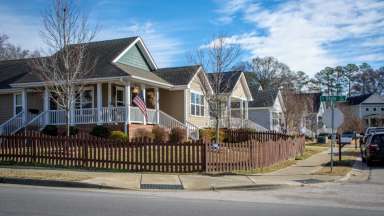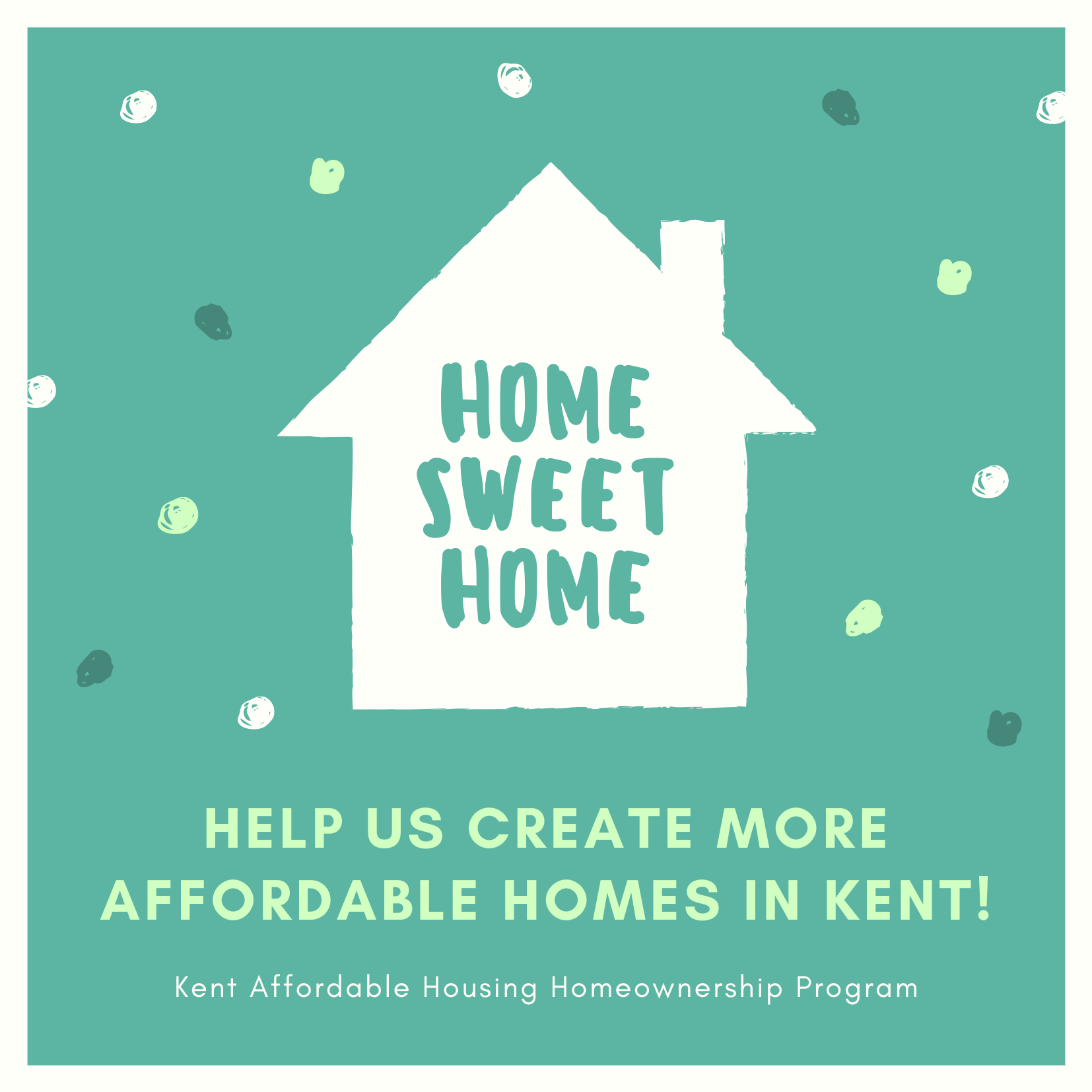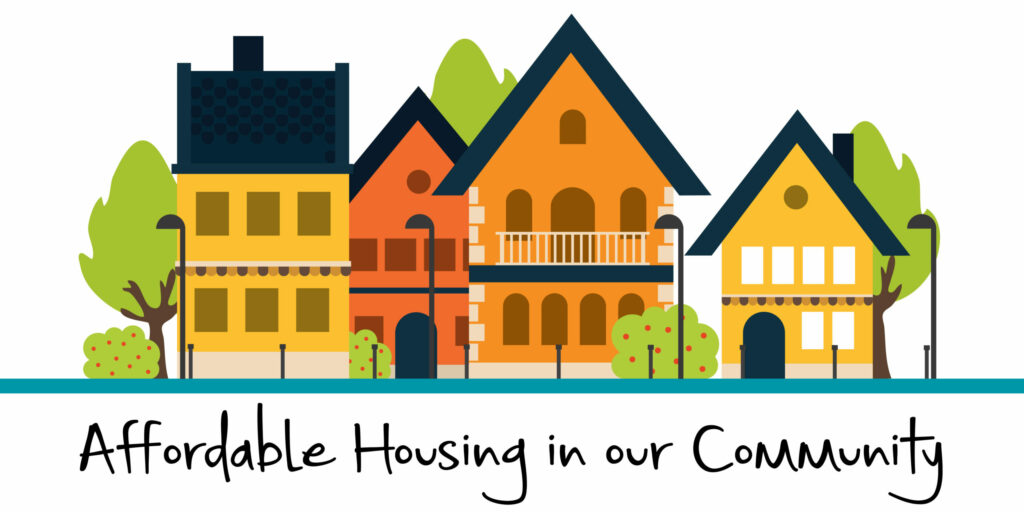Affordable Homeownership Options for First-Time Homebuyers
As the housing market continues to evolve, novice property buyers deal with one-of-a-kind obstacles in securing affordable homeownership options. Numerous resources, consisting of government help programs, low-down-payment home loans, and targeted grants, have emerged to minimize monetary pressures. These initiatives not just facilitate homeownership however additionally foster community stability and financial growth. Nevertheless, navigating these alternatives can be complex, and understanding which paths are most useful calls for cautious consideration. What strategies can prospective property owners use to maximize their opportunities in this landscape?
Government Assistance Programs
Government help programs play an important function in making homeownership possible for numerous people and households. These programs intend to minimize the economic concern connected with purchasing a home, specifically for novice purchasers. By supplying financial assistance, grants, and tax obligation motivations, government campaigns assist link the space between rising real estate costs and the purchasing power of possible house owners.
Different programs are readily available at the federal, state, and local levels. The Federal Housing Management (FHA) provides insurance on finances, enabling lending institutions to supply more positive terms, such as reduced down settlements and lowered interest prices. In addition, state and city governments frequently have their very own campaigns, which may include deposit assistance programs, buyer education training courses, and desirable home mortgage terms.
These programs are designed to attend to the distinct challenges faced by low- to moderate-income households, including limited savings and credit rating. By cultivating an environment where homeownership is extra obtainable, entitlement program programs not only sustain private goals but also add to neighborhood stability and economic development. Comprehending and utilizing these sources can substantially boost the potential customers of effective homeownership.
Low-Down-Payment Home Mortgages
For lots of hopeful homeowners, low-down-payment mortgages provide a practical path to homeownership, particularly in today's challenging housing market. These home mortgage choices typically call for down settlements varying from 3% to 5%, making it less complicated for novice customers to enter the marketplace without the burden of conserving for a significant down settlement.
Different lending institutions use low-down-payment programs, including standard car loans backed by Fannie Mae and Freddie Mac, as well as government-backed alternatives like FHA lendings. These home loans are developed to accommodate people with minimal financial savings while still supplying competitive rates of interest. Notably, they enable purchasers to keep even more money for various other crucial costs, such as relocating prices, home assessments, and potential renovations.
However, prospective home owners need to bear in mind the compromises linked with low-down-payment home mortgages. A smaller sized down payment may result in higher regular monthly repayments and the requirement of exclusive mortgage insurance coverage (PMI), which safeguards lending institutions in case of default. It is vital for novice buyers to carry out comprehensive research study and consult with home mortgage experts, ensuring they pick a low-down-payment choice that aligns with their lasting monetary objectives.
First-Time Buyer Grants
Many novice property buyers discover that grants can significantly relieve the monetary problem of buying a home, complementing low-down-payment home loan alternatives. These gives, frequently offered by state and charitable companies or regional federal governments, use monetary aid that does not need payment, making them an eye-catching option for those entering the housing market.
Qualification for newbie buyer gives usually depends on revenue, credit reliability, and the acquisition price of the home. Numerous programs are designed to aid reduced- to moderate-income households, making sure that assistance gets to those that need it most. The application procedure usually includes documents of monetary condition, homebuyer education and learning training courses, and sometimes also a commitment to remain in the home for a particular period.
The quantity useful varies widely, with some grants supplying numerous thousand bucks to aid cover shutting expenses or down settlements. Looking into offered grants in your location is vital, as programs often change and may have particular demands. By leveraging these funds, novice buyers can make homeownership extra easily accessible, ultimately attaining their desire of having a home while reducing the preliminary financial stress.
Cutting-edge Area Efforts
Innovative area campaigns are playing a vital role in expanding affordable homeownership choices for citizens. These initiatives commonly involve collaborative initiatives in between city governments, charitable companies, and economic sector stakeholders to produce sustainable housing options customized to area needs.
One noteworthy method is the establishment of neighborhood land counts on (CLTs), which permit residents to purchase homes while the land remains owned by the count on. This design helps keep price in time and prevents speculative price rises. In addition, CLTs usually supply instructional sources and support services to encourage novice homebuyers.
An additional effective effort is the growth of mixed-income real estate jobs, which mix cost effective units with market-rate homes. This technique cultivates inclusive areas and minimizes the stigma typically related to low-income housing. Additionally, local governments are increasingly supporting zoning reforms to facilitate the building and construction of accessory home units (ADUs), which can supply additional rental earnings for property owners while boosting housing schedule.

Tips for Budgeting and Saving

Following, establish a specialized interest-bearing account especially for your future home purchase. Purpose to save a portion of your revenue consistently, preferably 20% or more, to build a considerable down payment. Make use of automation tools, such as direct deposit or automatic transfers, to make conserving less visit the website complicated and extra constant.
Furthermore, think about taking on the 50/30/20 regulation: allot 50% of your income to needs, 30% to desires, and 20% to cost savings and financial obligation settlement - Affordable Homeownership. This approach promotes balanced financial wellness

Final Thought
In summary, inexpensive homeownership alternatives for new buyers encompass different sources such as entitlement program programs, low-down-payment mortgages, and gives. These campaigns not only help with access into the real estate market however also promote community security and economic growth. By leveraging these financial devices, individuals can navigate the intricacies of homeownership, ultimately adding to a much more fair real estate landscape. Proceeded assistance and recognition of these programs are vital for boosting accessibility to homeownership chances.
As the real estate market continues to advance, new homebuyers encounter unique difficulties in safeguarding inexpensive homeownership alternatives. By cultivating an environment where homeownership is extra easily accessible, federal government support programs not only sustain specific desires but additionally add to neighborhood stability and economic growth. By leveraging these economic resources, new buyers can make homeownership more easily accessible, eventually achieving their desire of owning a home while minimizing the first economic strain.
In recap, cost effective homeownership alternatives for new homebuyers incorporate various resources such as government support programs, low-down-payment mortgages, and grants. By leveraging these financial devices, people can navigate the intricacies Learn More of homeownership, ultimately adding to a more fair housing landscape.